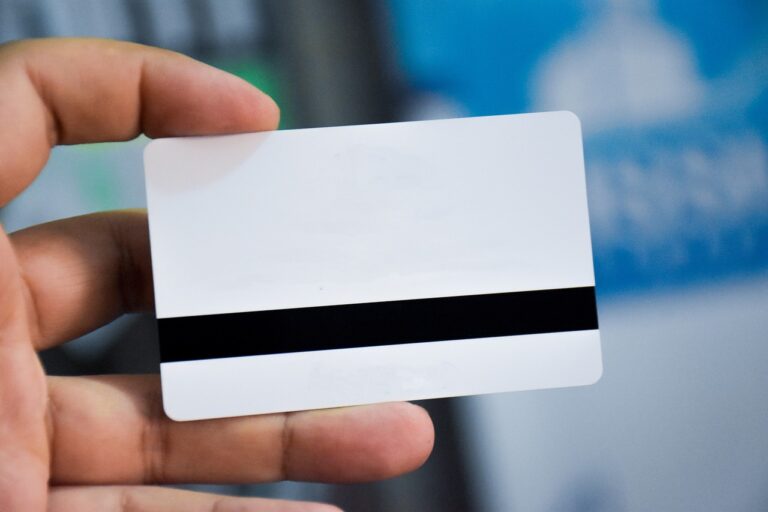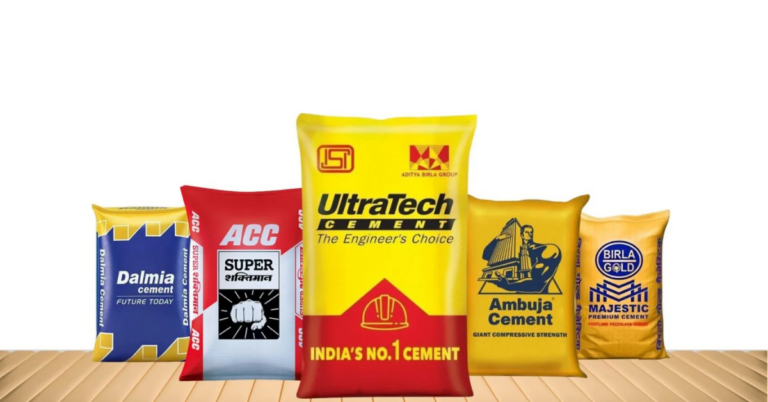The Ultimate Guide to Scrap Car Services: What You Need to Know
If your old vehicle has become more of a burden than a benefit, it may be time to consider using a Scrap Car service. Whether it’s sitting in your driveway, constantly in the shop, or no longer roadworthy, scrapping your car can offer financial and environmental advantages. Many car owners are unaware of the value their aging or damaged vehicles can still hold—even at the end of their life cycle. In this guide, we’ll explore everything you need to know about scrapping your car, from the benefits and process to what to expect during evaluation.
Why Consider Scrapping Your Car?
Vehicles have a finite lifespan. Over time, the cost of maintaining an old or damaged car can exceed its value. At that point, holding onto it doesn’t make financial sense. Here’s why scrapping your car is a practical decision:
-
Financial Return: Even if your car no longer runs, it still contains parts and materials that are valuable. Scrap metal, functioning parts, and even tires can be reused or recycled.
-
Environmentally Responsible: Automotive scrap services follow strict environmental guidelines to dispose of fluids and materials safely. This reduces the ecological impact of automotive waste.
-
Space and Safety: An inoperative car can take up valuable space on your property and potentially pose safety risks due to leaking fluids or rusting components.
When to Scrap a Car
The decision to scrap a car doesn’t always come easy. However, certain signs indicate it’s time to let go:
-
Frequent Repairs: If your vehicle is spending more time at the mechanic than on the road, it may be cheaper in the long run to scrap it.
-
Accident Damage: Sometimes, insurance companies will write off a car after a major accident. If repair costs are more than the car’s worth, scrapping becomes a viable option.
-
Aging and Wear: Older cars with high mileage and deteriorating parts often become unreliable. When reliability goes down, costs go up.
-
Failed Inspection or COE Expiry: In countries like Singapore, vehicles that fail inspection or reach the end of their COE cycle can be expensive to maintain or re-certify, making scrapping the preferred alternative.
How the Scrap Car Process Works
Understanding the process helps ensure a smooth transaction and gives you better negotiating power. Here’s a step-by-step breakdown:
1. Get a Vehicle Evaluation
Most scrap car services will begin with a vehicle assessment. They’ll evaluate:
-
Make, model, and year of the vehicle
-
Overall condition
-
Market value of recyclable materials
-
Functionality of reusable parts
The evaluation helps determine how much your car is worth in scrap value.
2. Obtain Necessary Documentation
Before handing over your car, make sure you have the required documents:
-
Vehicle log card or ownership papers
-
Valid identification
-
COE or deregistration papers (if applicable)
This ensures legal compliance and helps avoid future liabilities.
3. Deregistration and Paperwork
If you’re scrapping a car in Singapore, for example, the Land Transport Authority (LTA) requires vehicle owners to deregister their cars before scrapping or exporting. Once deregistration is completed, you can proceed with handing the car over.
4. Collection or Drop-off
Most scrap car services offer vehicle collection. They’ll arrange a tow truck to pick up your car from your location. Alternatively, you can drive or tow it to their facility.
5. Payment and Confirmation
Once the car is accepted, you’ll receive payment—either on the spot or via bank transfer. The service should also provide a certificate or confirmation that the car was scrapped.
What Happens After Scrapping?
Once the vehicle reaches the scrapyard, it undergoes several processes:
-
Draining of Fluids: Hazardous fluids like oil, transmission fluid, and brake fluid are removed and disposed of according to environmental regulations.
-
Dismantling: Usable parts like the engine, transmission, and batteries are removed, tested, and resold if functional.
-
Shredding and Recycling: The remaining shell is crushed and sent to a recycling facility where metals are separated and melted down for reuse.
This sustainable process ensures that nearly 90% of a scrap car is reused or recycled, minimizing landfill waste.
Benefits of Using a Reputable Scrap Car Service
Choosing a reliable provider makes the process easier and ensures you receive fair compensation. Here are the advantages of working with a professional scrap car company:
-
Transparent Pricing: Avoid hidden fees or deductions. A reputable service will offer a fair and upfront quote.
-
Legal Compliance: They’ll help with deregistration and paperwork to keep everything above board.
-
Convenience: From vehicle collection to prompt payment, professional services streamline the entire experience.
-
Environmental Assurance: Reputable dealers follow eco-friendly practices for dismantling and recycling vehicles.
Common Myths About Scrapping a Car
There are several misconceptions surrounding the scrap car industry. Let’s debunk a few:
-
“It’s Not Worth Anything”: Even non-functional cars contain materials like steel, aluminum, and copper that have value.
-
“I Have to Pay to Scrap My Car”: While some companies may charge towing fees, many reputable services offer free collection and pay you for your car.
-
“It’s a Complicated Process”: When working with a trustworthy provider, the process is surprisingly simple and stress-free.
Tips to Maximize Your Scrap Car Value
To get the best possible return, consider these tips:
-
Remove Personal Belongings: Clear your vehicle of any items before handing it over.
-
Provide Complete Documentation: Have your papers ready to speed up the process.
-
Shop Around: Get quotes from multiple services to ensure you’re getting the best deal.
-
Timing Matters: Scrap metal prices fluctuate. If you’re not in a rush, monitor the market for better rates.
Final Thoughts
Scrapping your car is not just a way to clear space or get rid of an old vehicle—it’s a responsible, eco-friendly, and often profitable decision. The scrap car industry has evolved with a focus on sustainability, customer service, and efficiency. Whether your car is old, damaged, or simply not worth fixing, there’s a path forward that benefits both your wallet and the planet.
By choosing the right service, following the proper steps, and understanding the process, you can make the most of your car’s final journey. Don’t let a rusting vehicle weigh you down—explore your scrap car options today and turn yesterday’s ride into tomorrow’s resource.







